In Episode 4, I speak to Rachael Minott, Inclusion and Change Manager at The National Archives, board member of the Museums Association and visual artist working on Jamaican national representation as a form of artistic exploration. We talk about how Rachael’s artistic practice informs her curatorial work, including in the recent exhibition ‘The Past Is Now’ (2017) held at Birmingham Museum and Art Gallery.
I asked Rachael how she began her career because there is no single path leading to your dream museum job. Instead, moving from job to job on short-term contracts has become a typical experience for many of us who have recently entered the sector. This is not an easy path to navigate. Rachael, for example, has held a series of exciting, interesting and at times very challenging roles at a wide range of institutions, including an internship at Reading Museum to HLF-funded SOCL traineeship (Strengthening Our Common Life), Assistant Contemporary Collecting Curator at the London Transport Museum, freelancer/researcher at Birmingham Museum and Art Gallery and Anthropology Curator (Social Practice) at the Horniman Museum and Gardens.
While these roles and institutions were very different, involving varied collections, remits and audiences, Rachael took each opportunity to gain valuable knowledge and experience, and also to develop and shape her decolonial practice. In our conversation, some of the key points that stood out for me are: 1) the vital importance of databases and documentation, and the way information is prioritised; 2) collecting can be about dispersing power; 3) as a curator, you don’t have to hold all the knowledge, in fact, as Rachael emphasises, ‘you can be a facilitator of other peoples expertise’.
This last point was integral to ‘The Past Is Now’ and it was fascinating to hear about the innovative way the group of activists and museum involved in this project approached writing labels for this exhibition. I can almost see you, dear reader, yawning or switching off when you see the word ‘label’ but these were very different. You can see some of them in my gallery of photos from the exhibition. I also spoke to Sara Wajid about this exhibition in the podcast episode I recorded with her.
Rachael focuses on decolonising practice because she doesn’t believe it is possible to decolonise museums. I think this is a powerful and thought-provoking point. Rachael emphasises the value of experimentation and improvement, noting that ‘your practice is only as good as how much you change it and how much you tweak it and learn from it’.
It is through decolonial practice that she approached her work with the newly opened World Gallery (2018) at the Horniman Museum, which she describes as an ‘anti-racist’ rather than a ‘decolonial’ gallery - an important distinction that we discuss in the podcast.
Links of interest:
- You can see and learn more about Rachael’s artwork on her website – www.RachaelMinott.com
- Read more about Rachael’s work on ‘The Past Is Now’ exhibition – R. Minott - ’The Past is Now: Confronting Museum’s Complicity in Imperial Celebration’ Third Text (2019) - https://www.tandfonline.com/doi/abs/10.1080/09528822.2019.1654206
Since recording this episode, Rachael has left the Horniman Museum to take up an exciting new role at The National Archives.
Follow Rachael @RachaelMinott
Support The Wonder House
Subscribe, Subscribe, Subscribe!
This episode was Presented/Produced by Sushma Jansari (@TheWonderHouse) and Produced/Edited by Nick Harris (@2ndThoughtTank).
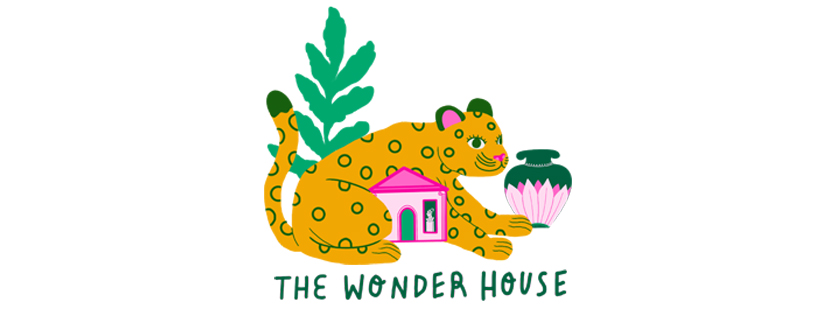
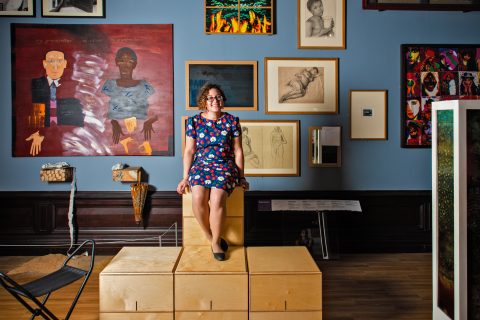
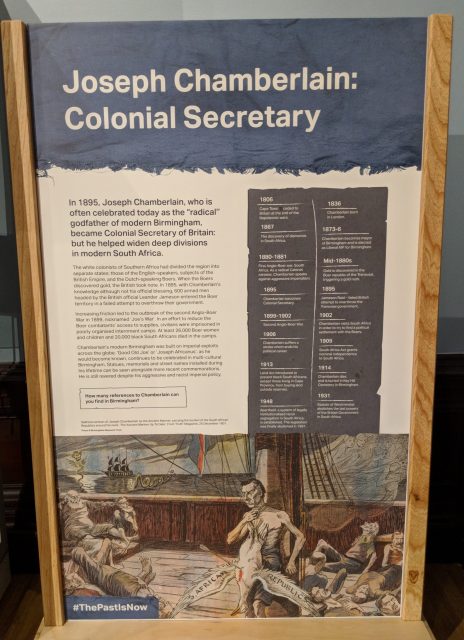
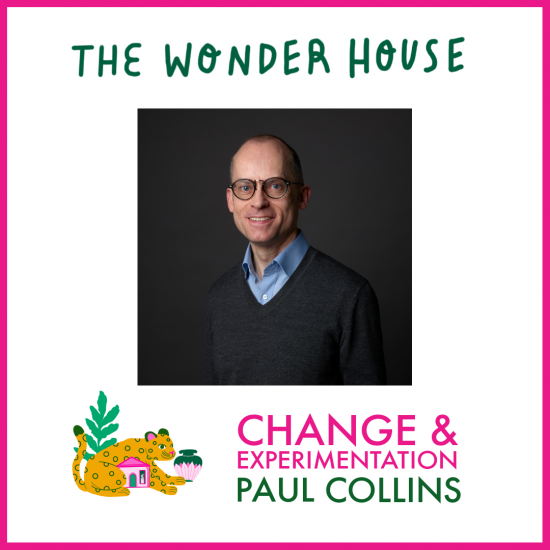
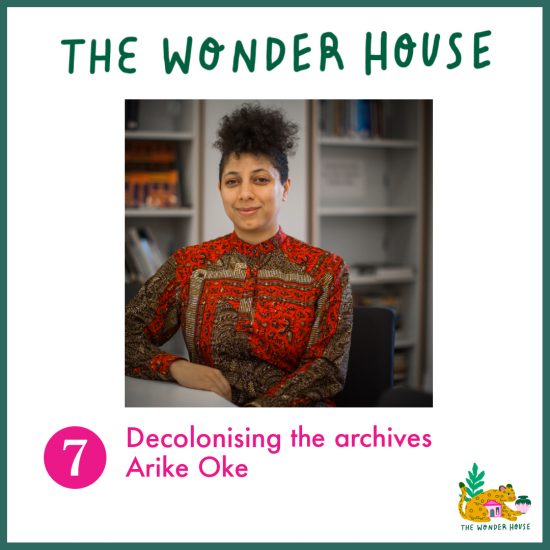
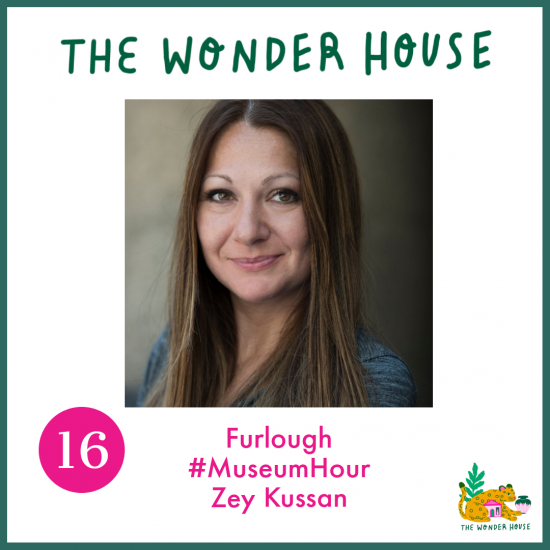
No Comments